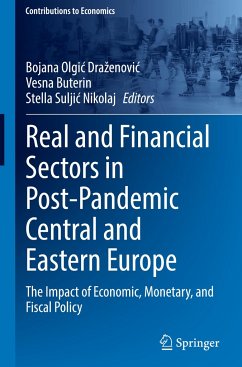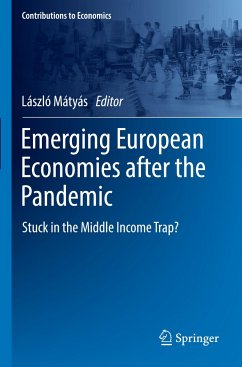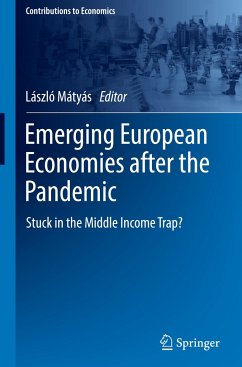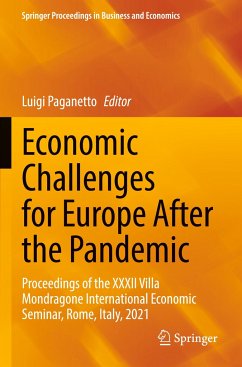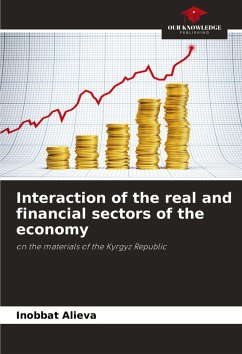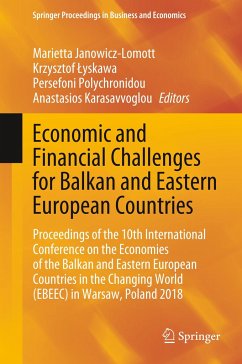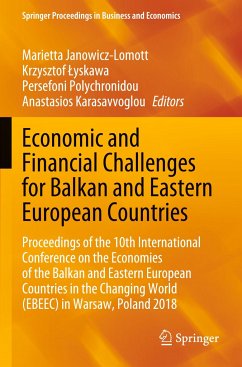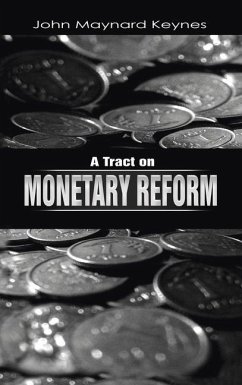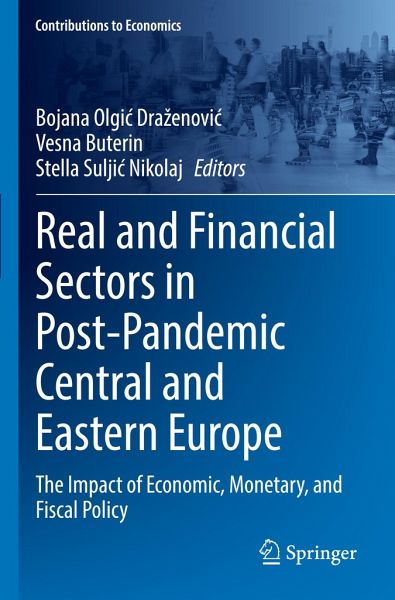
Real and Financial Sectors in Post-Pandemic Central and Eastern Europe
The Impact of Economic, Monetary, and Fiscal Policy
Herausgegeben: Olgic Drazenovic, Bojana; Buterin, Vesna; Suljic Nikolaj, Stella
Versandkostenfrei!
Versandfertig in 6-10 Tagen
113,99 €
inkl. MwSt.

PAYBACK Punkte
57 °P sammeln!
This book offers new insights into the real and financial sectors in the post-pandemic European Union, with a specific focus on the countries of Central and Eastern Europe and a special reference to Croatia. The contributors examine the timeliness, justification, and appropriateness of the measures taken in response to the deteriorating economic conditions and the associated outcomes. They further discuss various aspects of economic, financial, and energy policy. While doing so, they focus on two important issues. The first is an analysis and assessment of the financial development and perform...
This book offers new insights into the real and financial sectors in the post-pandemic European Union, with a specific focus on the countries of Central and Eastern Europe and a special reference to Croatia. The contributors examine the timeliness, justification, and appropriateness of the measures taken in response to the deteriorating economic conditions and the associated outcomes. They further discuss various aspects of economic, financial, and energy policy. While doing so, they focus on two important issues. The first is an analysis and assessment of the financial development and performance of the real sector. The second is an insight into the institutional dimensions of the COVID-19 pandemic, including the discussion of obstacles and opportunities for recovery in the near future.
The topics covered in this book include, but are not limited to, unconventional monetary policy, financial cycles, fiscal incentives, institutional development and institutional quality, the banking system, real estate markets, competitiveness, pension systems, financial regulation, energy markets, environmental, social, and governance (ESG) factors, as well as agricultural policy. Therefore, this volume will appeal to researchers, students, and scholars of finance and economics, as well as policy-makers interested in a better understanding of real and financial sectors, economic policy, and post-pandemic economic development in Central and Eastern Europe.
The topics covered in this book include, but are not limited to, unconventional monetary policy, financial cycles, fiscal incentives, institutional development and institutional quality, the banking system, real estate markets, competitiveness, pension systems, financial regulation, energy markets, environmental, social, and governance (ESG) factors, as well as agricultural policy. Therefore, this volume will appeal to researchers, students, and scholars of finance and economics, as well as policy-makers interested in a better understanding of real and financial sectors, economic policy, and post-pandemic economic development in Central and Eastern Europe.





